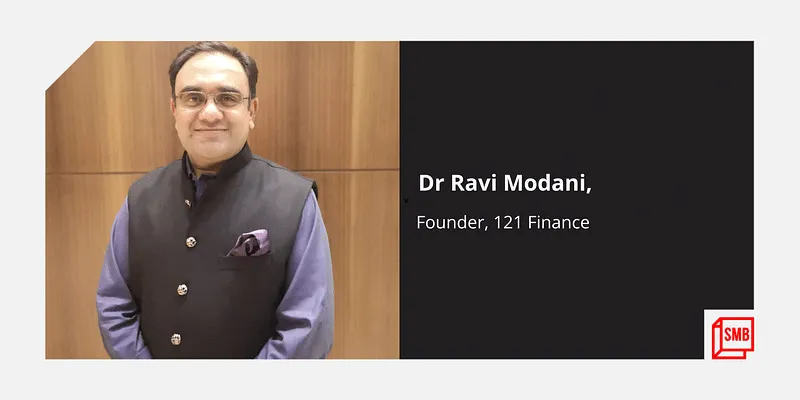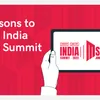What's in store at the India MSME Summit 2022 and other top stories of the week
This week, SMBStory also decoded strategies used by Indian MSMEs to grow in the new normal.
The MSME (micro, small, and medium enterprises) sector, which contributes about 30 percent to India’s GDP (gross domestic product) and accounts for almost 45 percent of exports, is one of the key drivers of the Indian economy.
Despite COVID-19 headwinds and other challenges such as lack of formal credit and regulatory hurdles, the sector has remained resilient.
At the fourth edition of India MSME Summit 2022, organised by YourStory and SMBStory, stakeholders including businesses, policymakers and technology solutions providers, and others will talk about what works for the sector.
To be held between June 21 and June 25, the summit will see panel discussions highlighting the challenges and opportunities in the sector. The event will host the following lineup of panel discussions, among others:
- Think local act global: How MSMEs can boost exports
- Boosting SMBs beyond bootstrapping
- Growing in the new normal
- Solving working capital problems for MSMEs
Join us in this virtual event by registering on the link here. To partner at the India MSME Summit 2022, click here.
Other top stories of the week:
Rasna

As the COVID-19 pandemic starts becoming a thing of the past, businesses are betting on new strategies to grow in this new normal. Among them is one of India’s popular fast-moving consumer goods (FMCG) brands—.
Piruz Khambatta, who currently leads the brand, says, “I think COVID-19 is now a pretty old story. My team and I have decided to not talk about it anymore.”
Prod him a little more on the challenges faced during COVID-19, and he says, “Of course, there were challenges related to health, family, logistics, and then marketing,” adding that he is transfixed now on what’s ahead, especially globally.
Started in 1976 by Piruz’s grandfather, Rasna made and sold powdered concentrates for Rs 5 per box.
A drink famously associated for beating the heat and quenching thirst during summers, Rasna enjoyed a monopoly in India’s soft drink market until MNCs introduced aerated drinks such as Pepsi, Coca-Cola, Fanta, etc.
Piruz—a third-generation entrepreneur—joined the business in 1992, taking over the legacy business from his father Areez Khambatta. In an interview with SMBStory, the Chairman of Rasna talks about the FMCG company’s plans, his views on the direct-to-consumer (D2C) model, selling strategies, global plans, and more.
121 Finance

In business, cash is king. A smooth flow of cash ensures efficient management of working capital.
However, working capital management is one of the biggest challenges that the micro, small, and medium enterprises (MSME) sector face on account of delayed payments, stuck inventory, debts, etc.
Availing long-term loans to meet short-term business needs puts these enterprises in financial trouble. Though the government has announced various schemes and benefits to help MSMEs, the lack of awareness persists.
This is where factoring comes in—it can help ensure smooth working capital for running the business. This is a way for businesses to fund cash flow by selling their invoices to a third party (a factor, or factoring company) at a discount.
Recently, the government amended the Factoring Regulation Act, 2011, which widens the scope of companies that can undertake factoring business.
, a Jaipur-based Non-Banking Financial Company (NBFC), became India’s first NBFC-Factor (after RBI’s January 2022 regulation) and is on a mission to bring factoring, which was only available to corporates so far, to MSMEs.
Edited by Kanishk Singh and Affirunisa Kankudti









